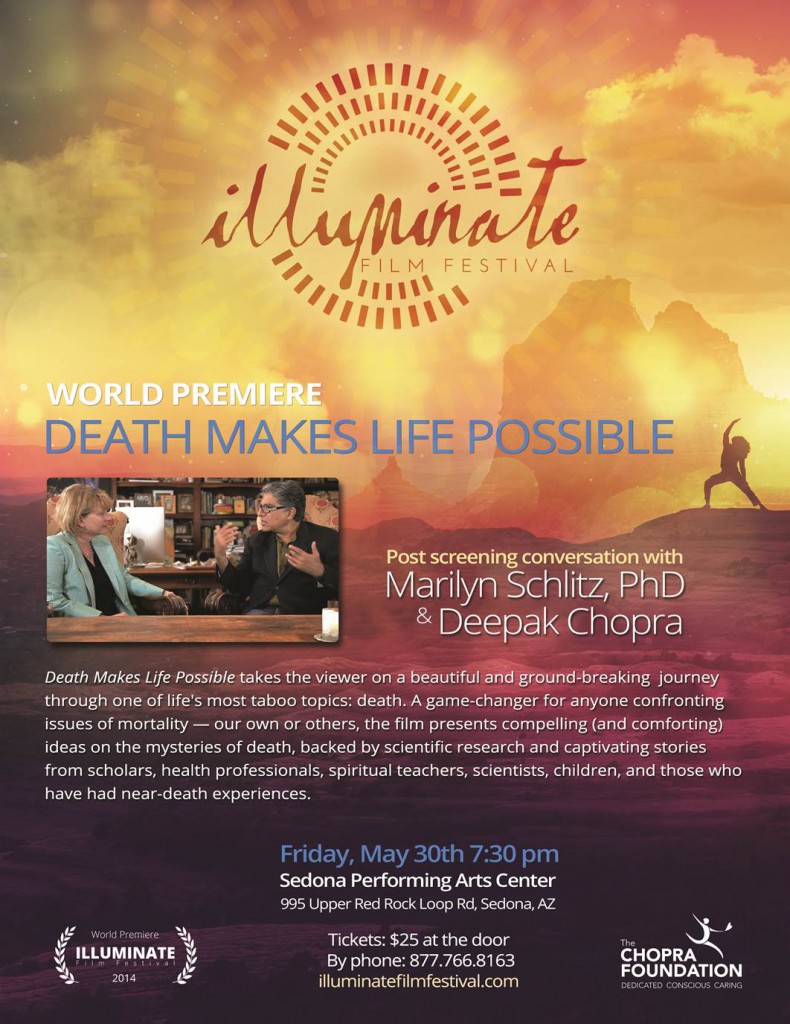By Deepak Chopra, MD.

It may sound odd at first, but there are ways to improve the chances that God will answer your prayer. In the first two posts we saw that the whole subject of prayer is filled with assumptions and preconceptions. Once they are cleared away, a prayer turns out to be a special kind of intention. Therefore, the rules that apply to intentions, which are rules about consciousness, apply. Your prayer will be answered, or not, depending on events happening out of sight – but not out of mind. The mind furnishes the mechanics of making any intention come true.
This quick summary will raise eyebrows if someone denies that the inner and outer worlds are connected. (See the two previous posts for the reasoning behind the union of these two domains of reality.) The world’s wisdom traditions don’t run into this obstacle, which is peculiar to modern materialism. Yet in a way it’s good to start with a blank slate. What makes any intention come true? Three vital elements are at work, as mentioned in the first post of this series:
1. How deep into the mind is the intention coming from?
2. How steady is your focus?
3. How fluid is your intention? (more…)




